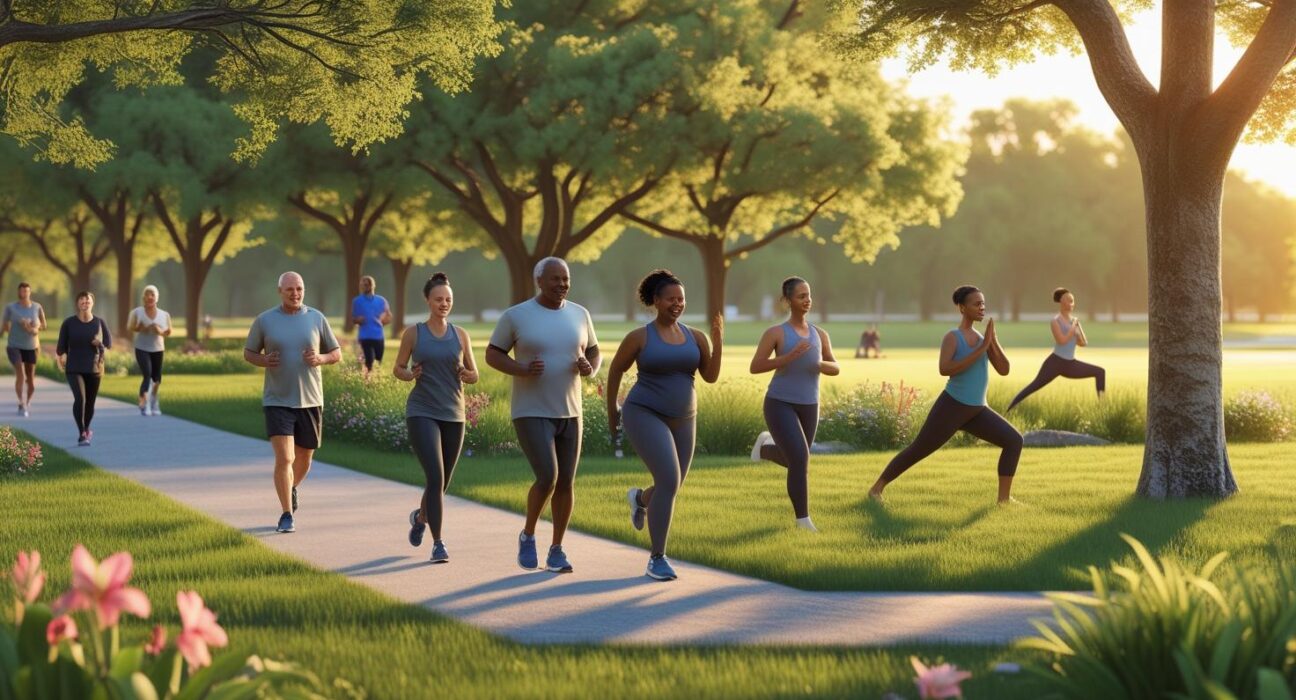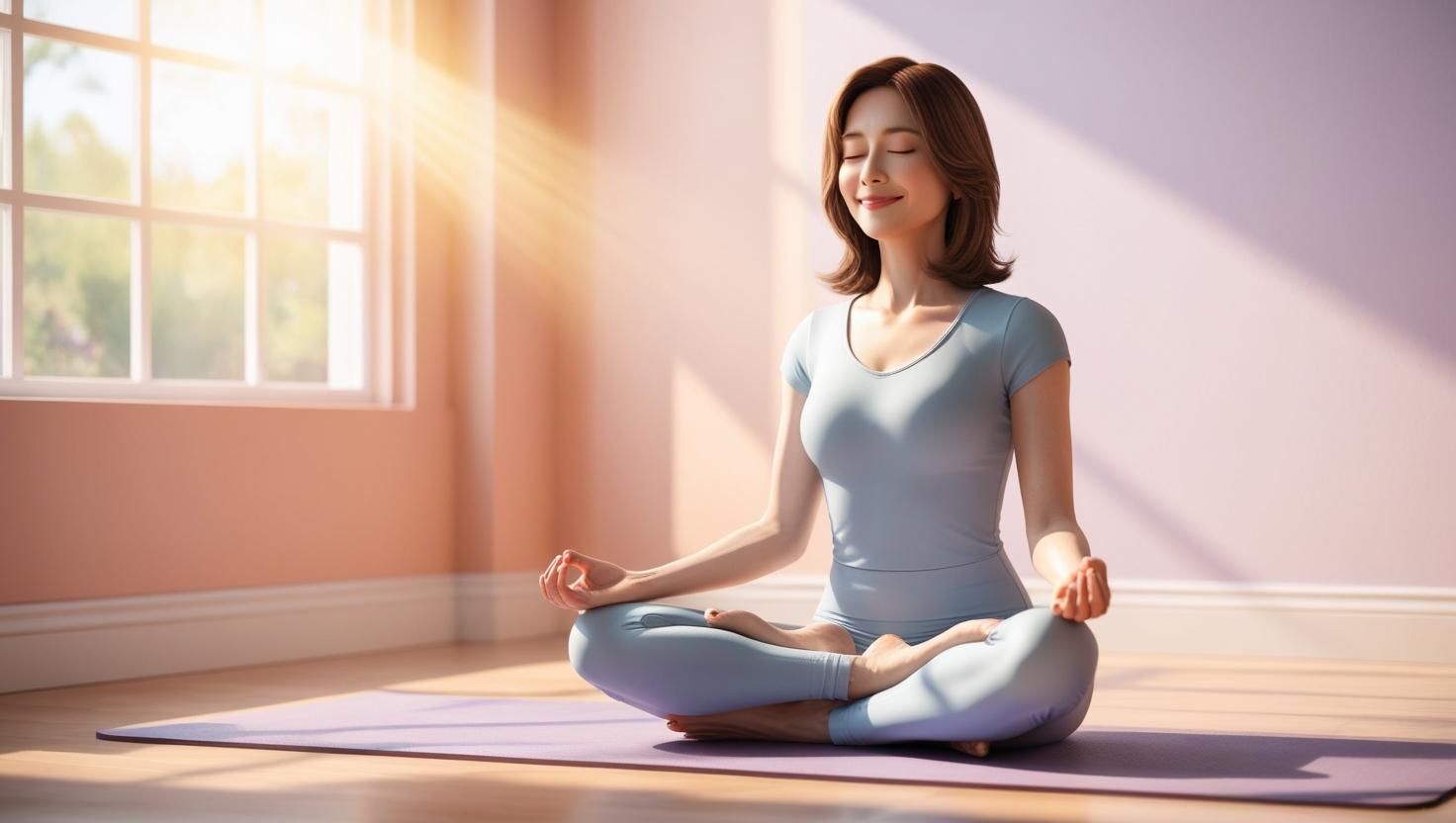Quick Summary: Workouts to Reduce Anxiety and Boost Wellbeing
- Gentle aerobic exercise like walking or swimming helps reduce anxiety by releasing endorphins.
- Mindfulness and breathing exercises regulate the nervous system and calm anxious thoughts.
- Strength training can improve confidence and mood alongside physical health benefits.
- Routine exercise helps break negative thought spirals and build emotional resilience.
- Consistency is key: Aim for daily or regular moderate activity even for 5-15 minutes.
Introduction: Finding Calm in Movement
Imagine waking up with a persistent knot of anxiety in your chest. You’re not alone. Many of us face daily stress that chips away at our peace of mind. But what if your next workout wasn’t just about burning calories—but about releasing tension, quieting your mind, and ultimately transforming how you feel inside? This article dives into the science-backed workouts that do more than strengthen your body—they soothe your soul.
How Do Workouts Alleviate Anxiety?
What are the mental health benefits of exercise?
Exercise is not just physical—it’s profoundly mental. Here’s how movement helps:
- Endorphin release: Physical activity sparks the release of natural mood-lifting brain chemicals, easing anxiety and depression.
- Distraction from worries: Exercise shifts your focus away from anxious thoughts, interrupting negative spirals.
- Emotional resilience: Consistent movement builds confidence and helps you manage stress better.
- Social connection: Group workouts and walking with others can lift your mood by reducing feelings of isolation.
Best Exercises to Reduce Anxiety

Which workouts are effective for stress relief?
Not all workouts are created equal when it comes to anxiety relief:
- Aerobic exercises: Activities like walking, jogging, or swimming stimulate anti-anxiety effects within minutes.
- Mindfulness and breathing: Intentional breathwork and mindful movement calm your nervous system and lower stress hormones.
- Progressive Muscle Relaxation (PMR): Tensing and releasing muscles can deepen physical and mental relaxation.
- Strength training: Building physical strength raises self-esteem and boosts overall mood.
My Insight: Why Regular Movement Changed My Outlook on Anxiety

A personal journey to mental wellness through fitness
As the founder of FitnessAsFun.com, I’ve battled anxiety myself. Daily walks paired with deep breathing didn’t just help me manage symptoms—they transformed how I face stressful moments. Consistency taught me patience and showed me the joy in movement, no matter how small. My advice: start where you are, be kind to yourself, and find exercises you love that support your mental health journey.
Quick FAQs on Anxiety-Reducing Workouts
Is exercise safe for people with health conditions like arthritis?
- Yes, low-impact exercises like swimming or walking are generally safe and highly beneficial.
- Always consult your healthcare provider for personalized advice.
- Mindfulness and breathing exercises can be done seated and still offer stress relief benefits.
Conclusion: Embrace Movement, Embrace Calm

Regular workouts are a powerful, evidence-based way to both alleviate anxiety and boost your overall mental health. You don’t need to overhaul your life overnight—start small, commit to consistency, and celebrate each step toward a calmer, stronger you. Your mind and body will thank you.
Sources and References
- Mayo Clinic: Exercise and Anxiety Benefits
- Talking Circles Therapy: 7 Exercises for Anxiety & Depression
- Calm.com: Mental Health Exercises to Boost Wellbeing
- American Anxiety and Depression Association: Exercise for Stress and Anxiety
- Peer-reviewed studies on exercise and mental health (PMC Articles)





